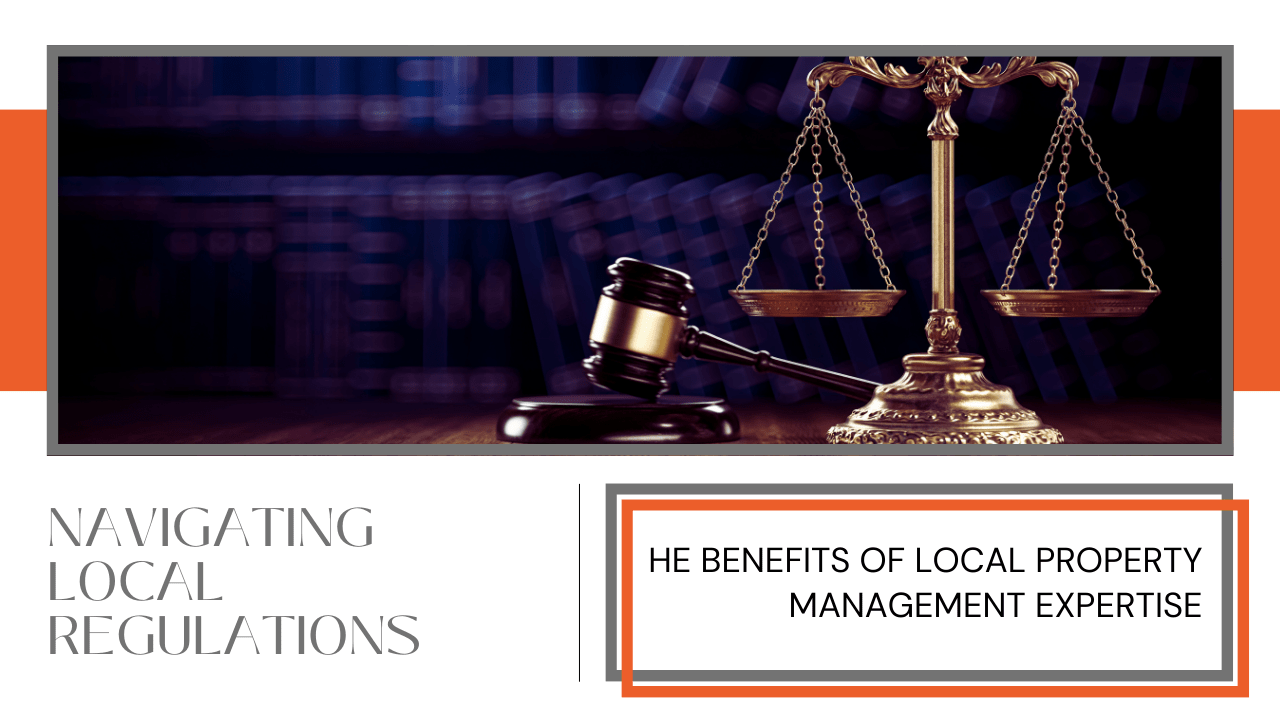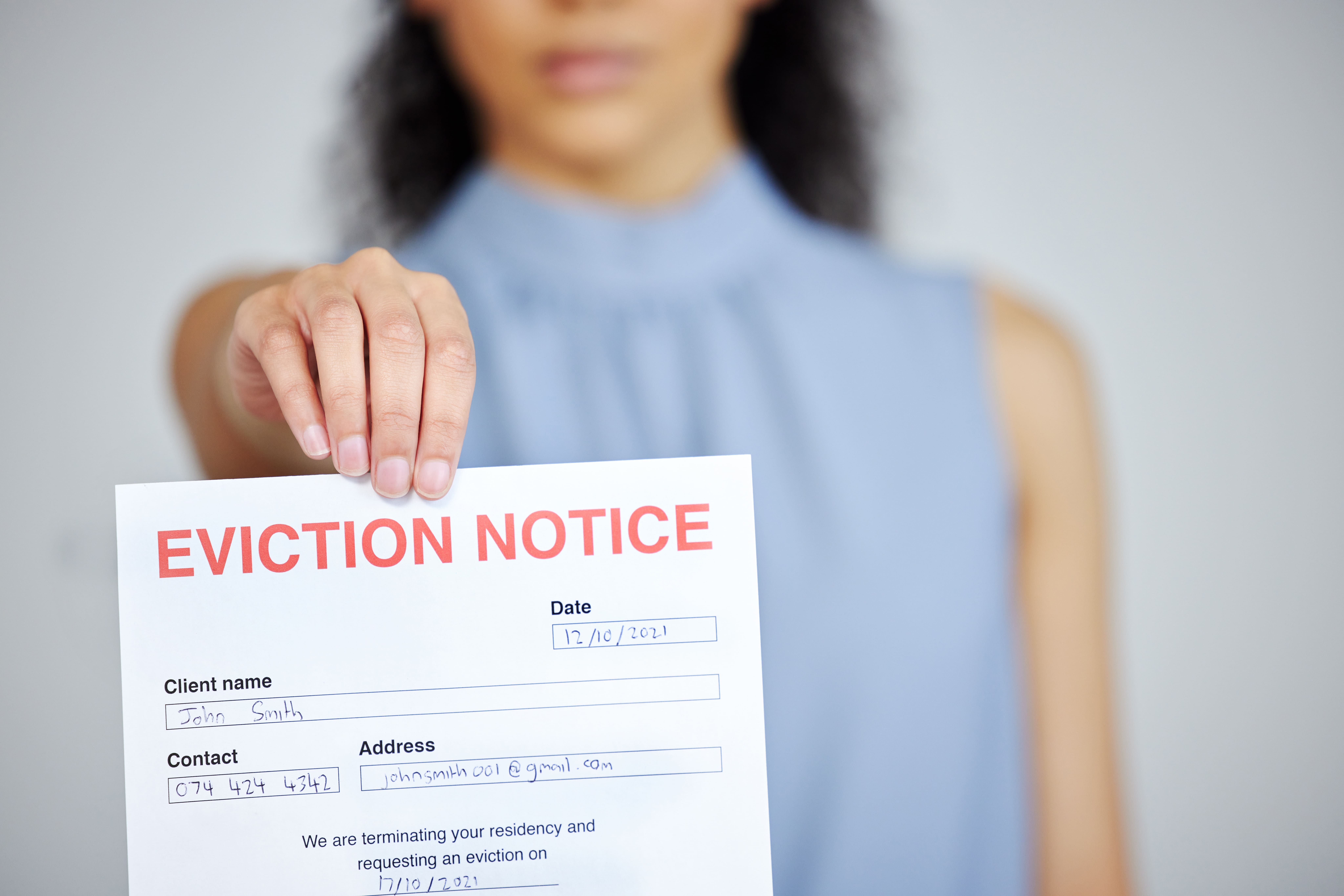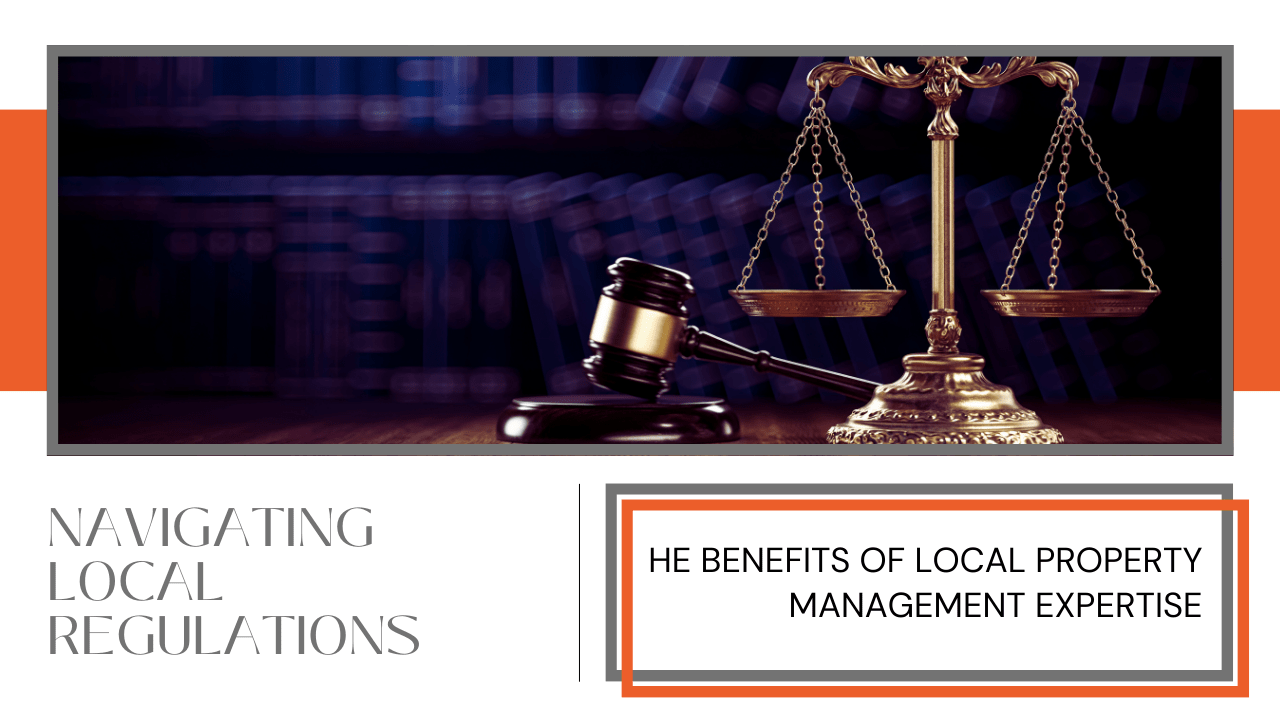
Rental properties in Atlanta and throughout Georgia are governed by state, local, and federal laws. It’s important that you follow those laws, otherwise you could find yourself trapped in legal fights, claims, lawsuits, and complications. Making a legal mistake is easy, especially if you don’t know the laws and regulations. These requirements are updated and altered frequently, how can you know what you don’t know?
This is where an Atlanta property manager can be an extremely valuable resource.
We stay updated on all the laws and regulations that affect your investment property. We will keep you compliant and out of trouble.
Let’s take a look at some of the most important laws and regulations that Atlanta landlords need to know before renting out a home. We’ll also tell you how a local property manager can help you stay up to date on all those laws, as well as in full compliance.
Georgia’s Habitability Laws and Regulations
Landlords in Georgia are responsible for providing a habitable rental property. This means you’ll have to ensure that all utilities are working, and that tenants have access to water, heat, and electricity. When you and your tenant are signing a lease, you need to provide your tenant with a list of any damages or pre-existing problems that can be found in the property. If there’s a scratch on the floor or a window without a screen, you need to note this before your tenant moves in.
This is called an implied warranty of habitability. You need to provide a safe and habitable home, and when repairs are needed, you are required to make them in a reasonable amount of time.
The laws in the state of Georgia also instruct you not to make tenants pay for repairs unless that tenant caused the damage. If that’s the case, make sure you can document the damage that was done.
If you don’t respond to a repair issue or there is a habitability issue at your property that the tenant has asked you to address, they could take the matter to the local housing code department. That may trigger an inspection, and you’ll receive a violation.
Tenants can also sue for damages if you don’t make the necessary repairs. They might make their own repairs and then ‘deduct’ the cost of repairs from their next rental payment.
These are situations you want to avoid. If you’re worried about your ability to make repairs in a reasonable time period, you absolutely need the help of an Atlanta property manager. We already have relationships in place with maintenance vendors and we can get the work done quickly and usually more affordably than you would on your own.
Habitability is non-negotiable. Your property needs to be safe and habitable, otherwise you cannot legally rent it out. This is perhaps the most basic rental property law of all: habitability.
When you work with a property manager, you know your home won’t be rented until it’s clean, in good condition, and safe for residents.
Fair Housing Laws
Fair housing laws start at the federal level, with the Fair Housing Act. This law protects people seeking housing against discrimination based on race, skin color, religion, national origin, sex, disability, and familial status. Those are the seven protected classes provided by the federal government.
Atlanta goes even further when it comes to fair housing. In the Atlanta metro area, we get into protected classes that cover age, domestic relationship status, parental status, gender identity or sexual orientation.
Most landlords don’t intentionally discriminate. But, you could make a mistake in your marketing language that might cause others to believe you’re discriminating. You don’t want to say that a home is perfect for families. You don’t want to make it sound like your property is better suited for one class of people over another. Always be inclusive in your marketing language, and make sure you’re advertising your home around what it offers to everyone.
Tenant screening is another area where it’s easy to make a fair housing mistake, and your best defense against this risk is the support of an Atlanta property manager. We will document our set of rental criteria and provide it to all applicants so they can decide whether they’re likely to be approved. We can easily show that our process is objective and consistent; everyone gets treated the same way.
Your Atlanta property management partner will do a much better job of screening tenants accurately and consistently. Doing it on your own, you may set yourself up for unintentional errors. A fair housing violation can cost a landlord up to $16,000 for the first offense.
Security Deposit Laws in Georgia
Security deposit law is pretty strict, and in our experience, this is where most landlord and tenant legal problems start. Here’s what you need to know about security deposit laws and your Atlanta rental:
Deposits are refundable. There is no such thing as a nonrefundable security deposit. While you will collect a deposit to protect yourself against potential lease breaks, nonpayment of rent, or tenant damage, the money still belongs to your tenant while you are holding it. You should expect that some or all of the deposit will be refunded to the tenant unless there is a legal reason to withhold it.
Deposits must be returned within one month of move-out. At the end of the lease term, you have one month from the date that your tenant moved out to return the security deposit and/or an itemized accounting of why money was withheld and what it’s being used for. Include all the documentation you can when you’re withholding part of the deposit. This might include repair invoices for tenant damage or cleaning costs. If a tenant left a lot of food and trash behind that you had to have hauled out, including receipts and a detailed explanation.
You can charge for damage but not wear and tear. This is sometimes tricky. Use your condition reports from the move-in and move-out inspections to determine what qualifies as normal wear and tear and what would qualify as tenant damage.
Always double-check your math and your documentation when you’re deducting from a security deposit. If something is off, and a tenant takes you to court, you could find yourself paying back the entire amount of the security deposit as well as extra punitive damages.
Local property managers will understand the Georgia security deposit laws and make sure they’re applied correctly to your rental property. We’ll handle collecting the deposit, holding the deposit, and then making decisions about whether the deposit should be returned in full, or whether deductions are warranted.
This is much safer for you and your investment property than trying to figure it out on your own.
Evicting Tenants in Atlanta
 The eviction process in Georgia is fairly straightforward, however we don’t recommend that you take steps towards eviction without first talking to an Atlanta property manager or an attorney who specializes in evictions.
The eviction process in Georgia is fairly straightforward, however we don’t recommend that you take steps towards eviction without first talking to an Atlanta property manager or an attorney who specializes in evictions.
You can legally evict a tenant if they have not paid their rent, if they have violated the lease agreement and refused to come into compliance, or if the tenant has not moved out at the conclusion of the lease term.
It’s not as easy as knocking on the door, kicking the tenant out, and changing the locks. There’s a legal process that must be followed. First, you’ll need to give your tenants a notice that you’ll be pursuing eviction. Unlike in other states, Georgia does not require a written notice be served to the tenants. You can give them oral notice. Most property managers would not recommend or follow this, however. A written “Notice to Comply” is a best practice, as it provides concrete evidence that the notice was issued and provides documentation of the process.
You don’t have to wait to file the eviction. Once the notice has been provided, you can go to the courthouse and file for a dispossessory warrant.
Property managers will help you work through the eviction process with minimal disruption. The goal is to remove the current tenant and replace them with a tenant who pays rent, complies with the lease agreement, and takes care of your property. This is much easier and far less expensive and time-consuming when handled by a professional.
There are a variety of other laws that must be followed when you’re renting out a property in Atlanta. If your investment property is a short-term rental, such as an Airbnb, there are even stricter rules and laws that must be followed.
Trying to keep up with everything you need to know can be challenging, even for the most experienced landlord. Smart investors know that property managers in Atlanta can do a much better job of staying informed and keeping compliance a priority.
Property managers can help you avoid messy lawsuits, expensive claims, and ongoing litigation. Let’s make sure you’re not in any legal danger. If you have any questions or need any help, please contact us at Property Services of Atlanta.

 Owner Portal
Owner Portal




